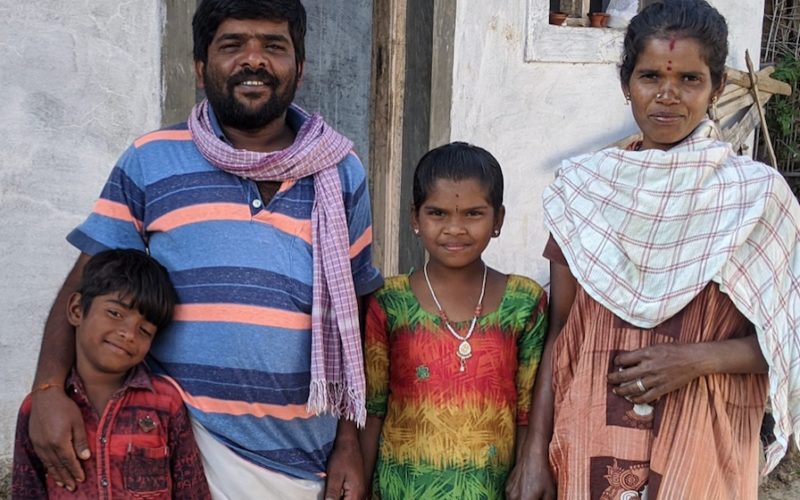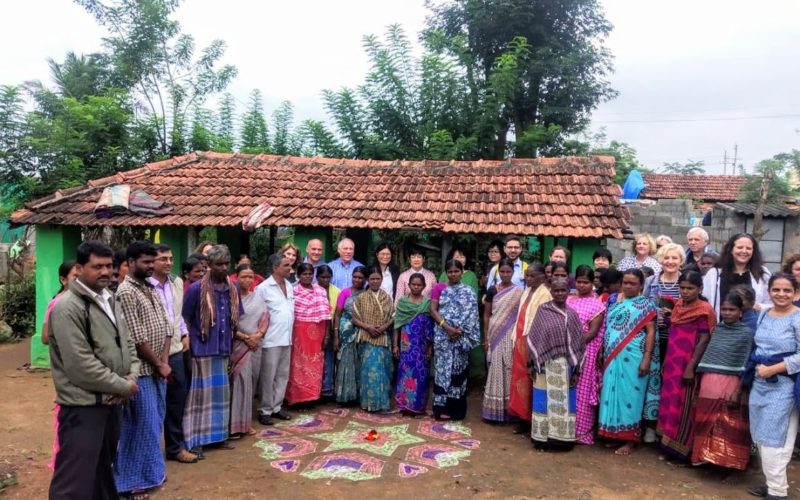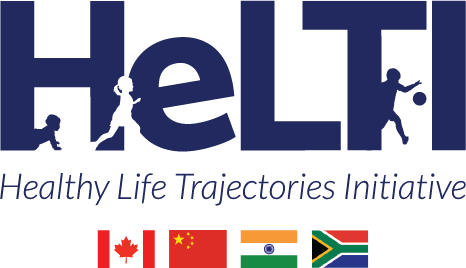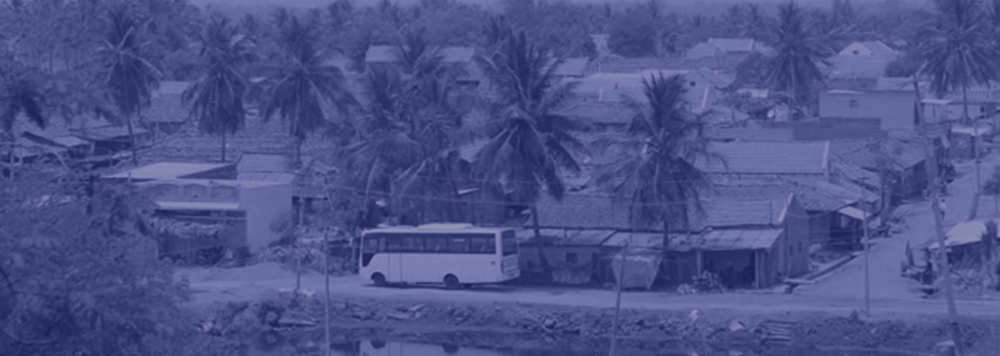Early Interventions to Support Trajectories for Healthy Life in India: The EINSTEIN Study
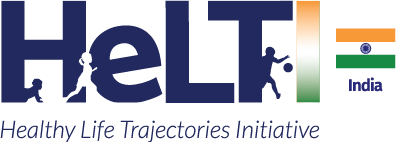
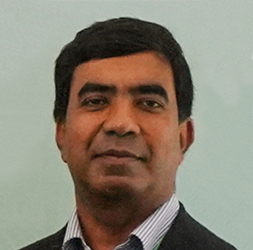
Co-PI: Kalyanaraman Kumaran

Co-PI: Stephen Matthews
The health and economic burden of non-communicable diseases (NCDs) is increasing rapidly globally and falls disproportionally on low- and middle-income countries (LMICs).
Key Facts
- Diabetes: In India, 65 million people have diabetes, and 77 million are pre-diabetic. If unchecked, the diabetic population is expected to reach 109 million by 2035.
- Cardiometabolic and Mental Health: 13% of young people aged 1-16 years in India experience mental health disorders.
- Undernutrition in Children (under 5): The prevalence of stunting is 48%, wasting is 20%, underweight is 43%, and anaemia is 69%.
- Undernutrition in Women (15-49 years): 33% are underweight, and 55% are anaemic.
- Low Birth Weight: Approximately 25% of babies born in India each year have low birth weight.
- Obesity: Rates are increasing, with 19% of children and adolescents and 15% of women of reproductive age being overweight or obese.
HeLTI India - The EINSTEIN Study
The HeLTI research hypothesis is that integrated interventions administered pre-conceptionally and at appropriate points across the life-course (pregnancy, infancy and early childhood) will reduce childhood adiposity, improve cardiovascular and metabolic health, and improve child neurodevelopmental outcomes. The EINSTEIN study recruits women of reproductive age and offers a longitudinal multi-faceted intervention delivered by community health workers comprising of:
A) multiple micronutrients;
B) a group parenting program to address maternal depression and improve child development;
C) hygiene and infection prevention measures; and
D) reduction of environmental pollution exposure. Interventions are underpinned by a lifestyle behavior change strategy.
The primary outcome is adiposity in children at 5 years of age measured by fat mass index. Other key outcomes at 5 years include: overweight and obesity, glucose metabolism, blood pressure, and infant/child neurodevelopmental outcomes. In addition, the study will track a host of intermediate and process outcomes, as well as the efficacy, cost-effectiveness, and acceptability of the intervention package, compared with standard care. The study will also report on the relative costs and benefits of commencing the intervention in early pregnancy compared with the preconception period
Study Characteristics
- Study setting: Mysore, South India
- Randomization: Cluster (villages comprise the clusters)
- Trial Formative Research Started: June 2018
- Date Enrolment Started (main trial): February 2021
- Target Recruitment Completion: June 2025
- Expected Completion of Trial: 2029
Location
Targets and Study Updates
Strengthening Health Outcomes through International Collaboration
The study will benefit from outstanding intellectual and infrastructure resources in India and Canada, built over years of research and community engagement. The Indian and Canadian teams bring together researchers from 18 institutions with complementary expertise in DOHaD research, intervention cohorts, longitudinal studies, data management and knowledge translation/policy development. These strengths combined with strong collaborations with knowledge users and health policy experts will ultimately allow implementation and scale-up of the most effective interventions.
Collaborative Research
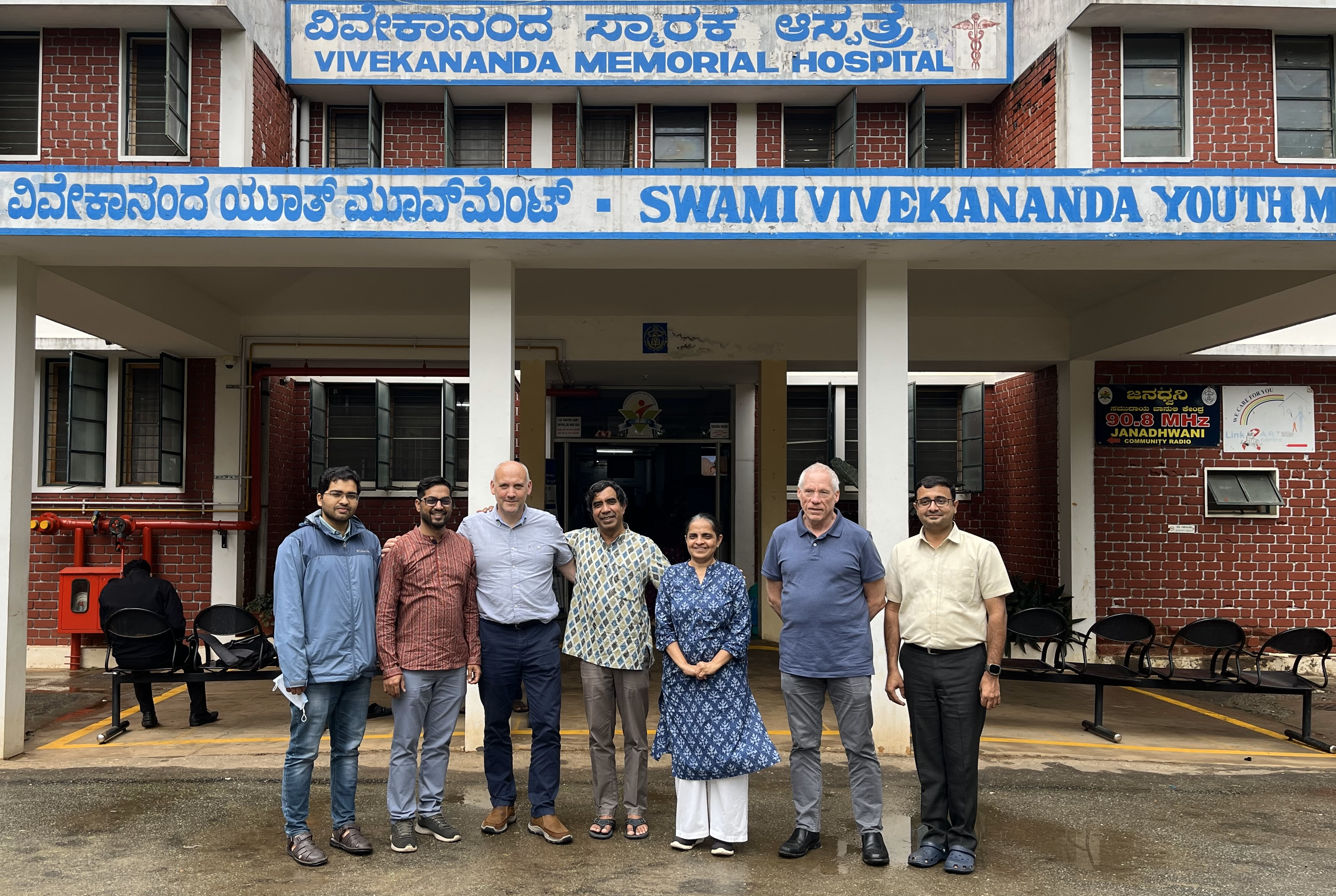
On July 23rd 2024, HeLTI PIs Dr. Stephen Matthews (HeLTI India) and Dr. Stephen Lye (HeLTI South Africa) embarked on a field visit to India, accompanied by India co-PI Dr. Kalyanaraman Kumaran and head of the VMH site, Dr. Kumar Gavali. The visit focused on two key study sites: the Swami Vivekananda Youth Movement (SVYM) in Saragur and the CSI Holdsworth Memorial Hospital in Mysore.
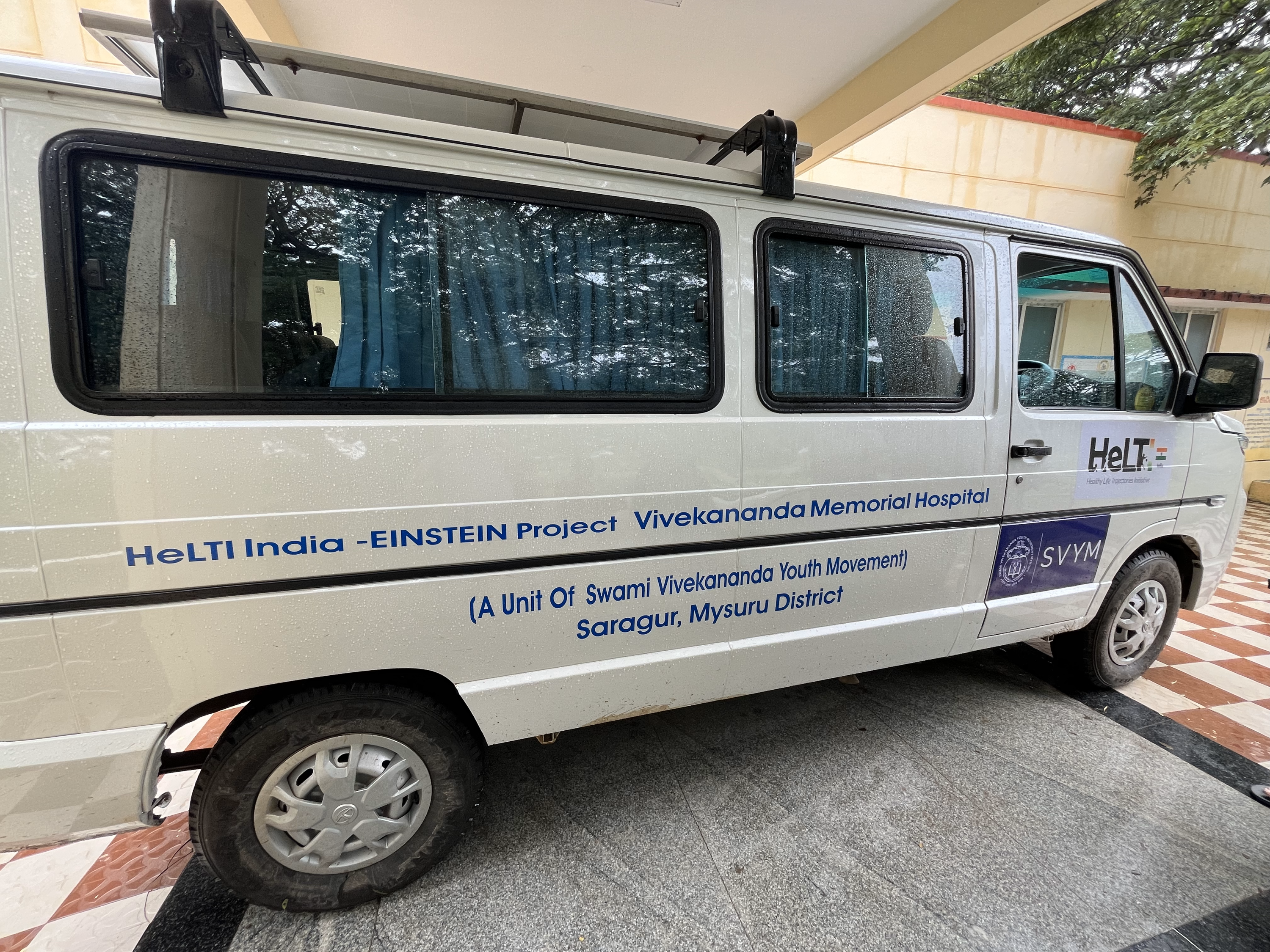
One of the significant highlights of this visit was the introduction of a second specialized biospecimen van at SVYM. This van, equipped with solar panels and additional space for staff, has substantially improved the biospecimen collection process. Its advanced features allow for more efficient processing of samples directly in the field, representing a major leap forward in our research capabilities.
